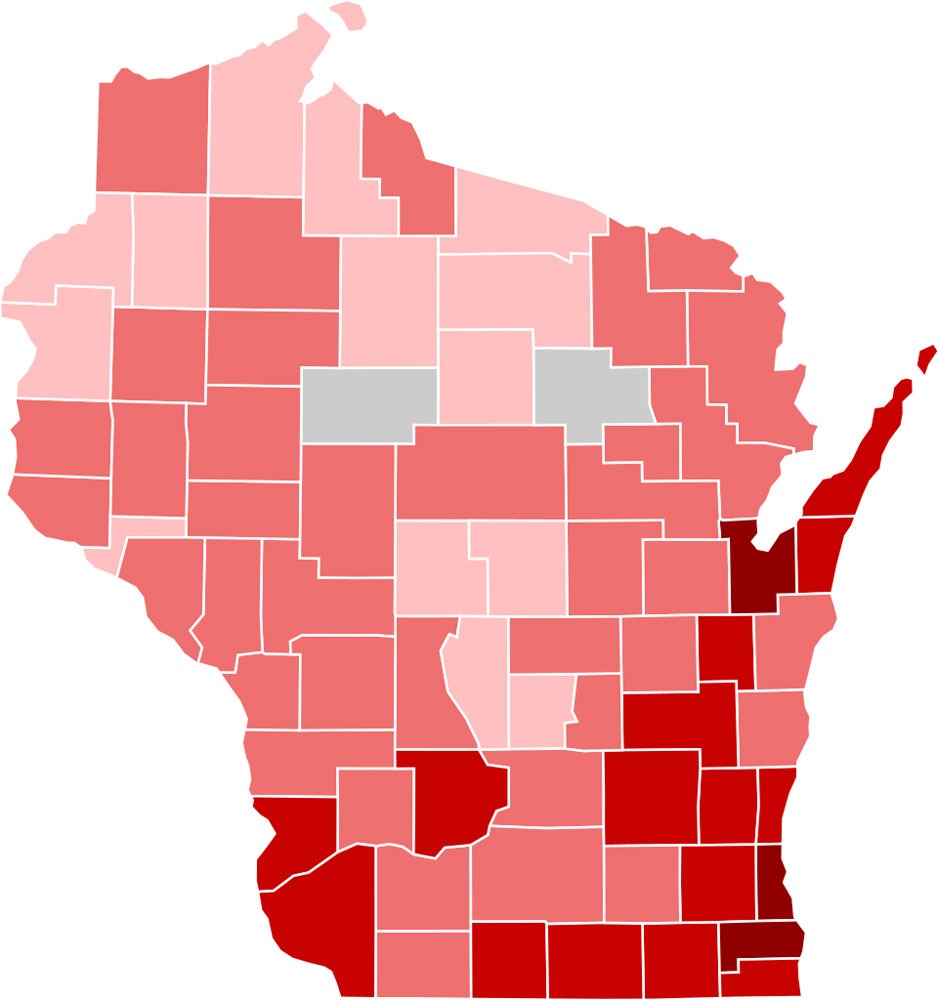
May 14, 2020; Milwaukee Journal Sentinel, “Opinion”
What happens when governmental leadership completely abdicates responsibility? Welcome to Wisconsin.
Back in April, the Supreme Court in Wisconsin made a last-minute ruling that threw local elections and the primary into mass confusion. The ruling was to overturn the ruling by Governor Tony Evers to delay the election due to the COVID-19 pandemic. Voters had to decide what to do: stay home—or risk their health by going to vote.
This past week, lightning struck a second time. The state supreme court ruled that Evers had overstepped his executive authority when extending “safer-at-home” quarantining orders. But the decision did more than that: it actually vacated state rules entirely, effectively creating a county-by-county, city-by-city free-for-all. In the Milwaukee Journal Sentinel, the paper’s editorial board laments that, “We can’t count on our elected representatives to work together for the public good in Wisconsin.”
Writing in the Washington Post, Colby Itkowitz notes that the American Civil Liberties Union (ACLU) was among the groups denouncing the court’s decision.
“Public health experts have been clear that prematurely lifting social distancing measures will have serious and deadly consequences, especially for vulnerable communities,” Chris Ott, executive director of the ACLU of Wisconsin, said in a statement. “Today the Wisconsin Supreme Court chose to ignore those warnings, jeopardizing the health of all Wisconsinites and further endangering people of color and members of other vulnerable communities who already faced the greatest risk from this virus.”
Republican legislative leaders had brought the lawsuit against Evers and his administration. They argued that Evers should have consulted with them before making a unilateral decision to extend quarantining orders, despite the fact that the number of coronavirus cases in the state has continued to rise.
Sign up for our free newsletters
Subscribe to NPQ's newsletters to have our top stories delivered directly to your inbox.
By signing up, you agree to our privacy policy and terms of use, and to receive messages from NPQ and our partners.
Missing from the court decision was approval of a request by the legislative leaders to allow a few days before completely rescinding the quarantine orders, to give time to offer new guidelines. In his dissenting opinion, Brian Hagedorn, a conservative, wrote, “[This court] has failed to provide almost any guidance for what the relevant laws mean, and how our state is to govern this crisis moving forward.”
Throughout the process, Assembly Speaker Robin Vos and Senate Majority Leader Scott Fitzgerald, both Republicans, had said they wanted to craft new guidelines in collaboration with the governor. That changed almost as soon as the court ruled. The next day, Vos was reported as saying, “As a Republican, I believe in local control.” In other words, all of the local counties and municipalities were on their own to determine whether or not quarantining would continue.
Predictably, the response has been extremely varied. For businesses and nonprofits seeking to understand the new rules, the Journal Sentinel offered a brief list of some of the different confusing rules, or lack thereof, that have been adopted. In Milwaukee County, for example, the newly elected county executive has extended restrictions similar to the governor’s former plan, although some shops and services are allowed to open if they follow safe practices. There are 19 municipalities in the county. Of those, 18 have said they will lift all restrictions as of May 21st. The City of Milwaukee is the lone exception and will extend restrictions indefinitely.
Other parts of the state have a similar split in response to the decision. The Leader-Telegram in Eau Claire, for example, cited a videoconference by six local politicians. In Eau Claire County, gatherings of more than 10 people are not allowed. In a fairly even split, some legislators agreed with the decision and others did not. Some praised the initiative to push quarantining decisions to the local level, and others did not. One said what is lacking now are resources from the state, which will make it harder for rural, poorer communities to access the equipment they need.
In the Green Bay region, things seem even more confused. Following the court’s decision, the Brown County health officer issued an order continuing the governor’s restrictions. Two days later, according to the local Green Bay Press Gazette, she rescinded that order once it was determined that it might not survive a court challenge.
The mayor of De Pere, a city in Brown County, followed suit, also instituting and then rescinding restrictions. His comments reflect what the Journal Sentinel had said and remains a cautionary warning for for-profit businesses and nonprofit organizations around the state: “We are on our own. The virus has not gone away, and we face many challenges ahead.”—Rob Meiksins













